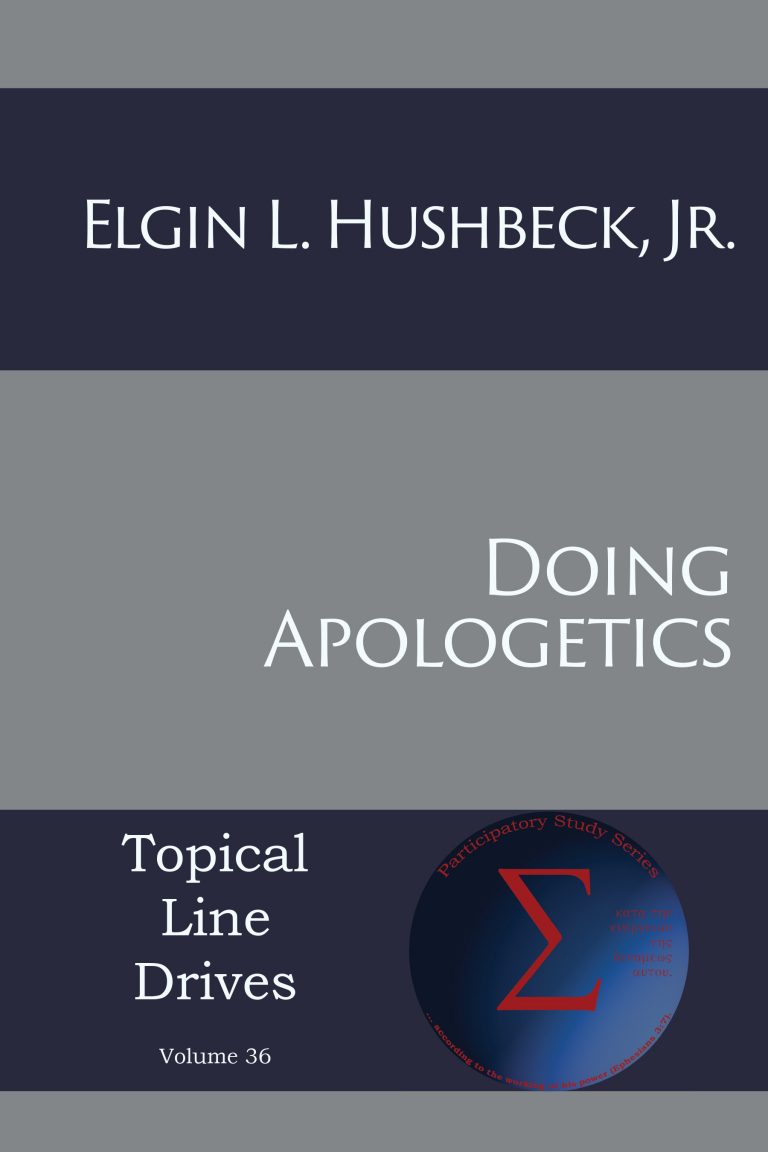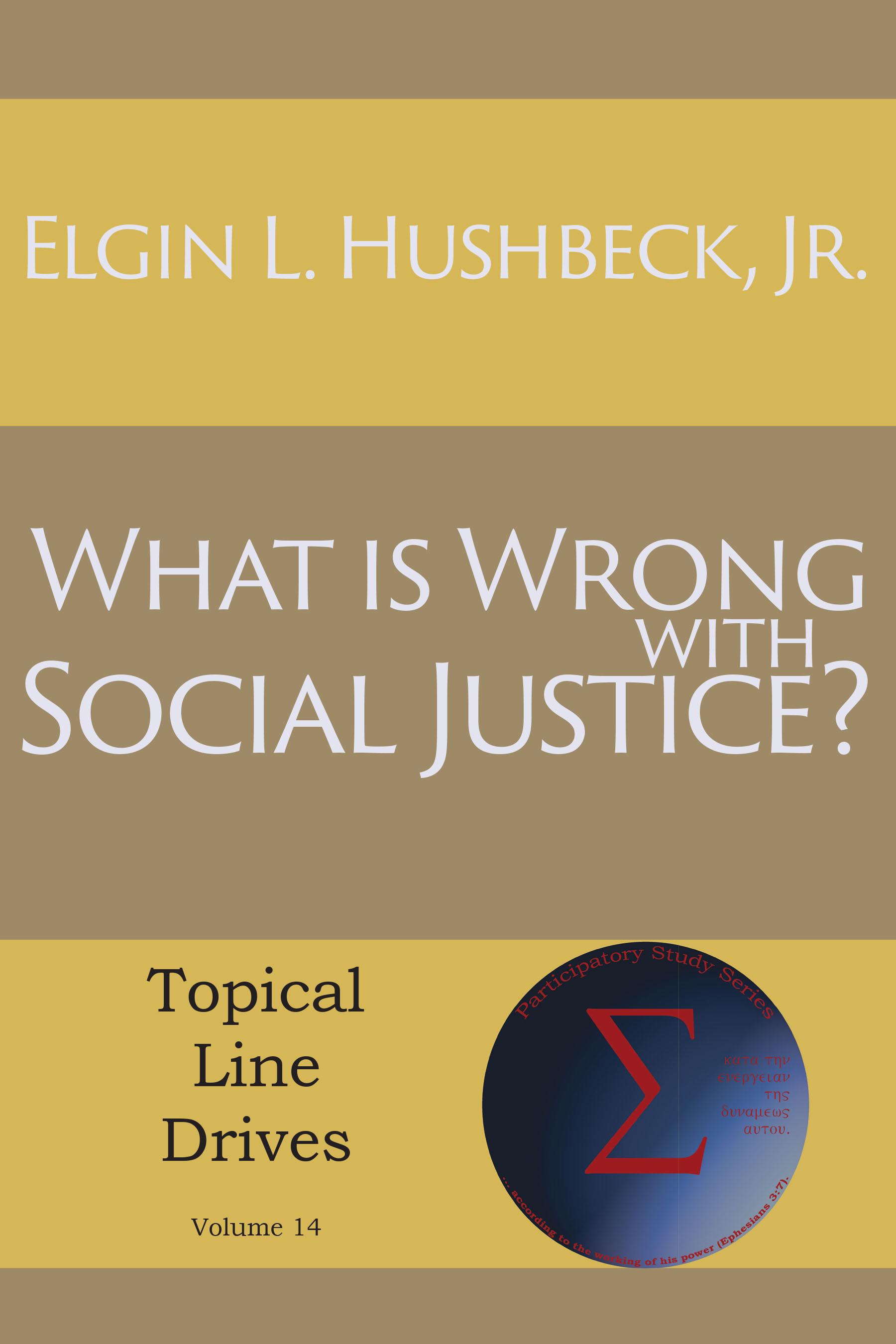Misreading the Evidence
10:28 AM And now a word to my students. Hope you all have been enjoying your semester. I’ve been perusing the discussion of Hebrews in several standard introductions to the New Testament. They almost all say the same thing.
1) Paul could not be the author because the language of the book is different from Paul’s in his letters. Question: Did you actually compare the language yourself? I did, and I came away with a completely different conclusion.
2) The author of Hebrews says that he only heard the gospel from those who received it from Christ. Ergo, Paul could not have the author. This objection, of course, is based on 2:3, a verse that is capable other explanations favoring Pauline authorship (explanations that are hardly ever mentioned).
3) In these textbooks Origen is usually misquoted. His words “… who wrote the epistle, in truth God knows” are assumed to mean that he took an agnostic position relative to the question of authorship. This is, of course, the selfsame Origen who consistently cites the letter as Paul’s.
4) Finally, some textbooks argue that the Western church rejected Pauline authorship. Clearly this is a misreading of the external evidence. The epistle was admitted to be Paul’s by the Councils of Hippo (AD 393) and Carthage (AD 397), as well as in the lists of canonical books set forth in their canons. These canons speak of thirteen epistles of Paul, and then add, “[he wrote] another one to the Hebrews.” In addition, Hebrews was received as Paul’s by Hilary (AD 354), Lucifer (AD 354), Victorinus (AD 360), Ambrose (AD 374), Philaster (AD 380), Gaudentius (AD 387), and Rufinus (AD 397). The tradition in the West that there were thirteen epistles of Paul clearly meant thirteen that bear the apostle’s name. In fact the fifth Council of Carthage in AD 419, at which Augustine was present, reckoned fourteen epistles as Paul’s, without any further qualification.
Students, I have no problem with rejecting Pauline authorship, if your conclusions are based on all the evidence as well as on a personal examination of the data. If this is a topic that interests you, I encourage you to read my book The Authorship of Hebrews: The Case for Paul when it is released next month.
(From Dave Black Online, September 5, 2013. Used by permission.)





